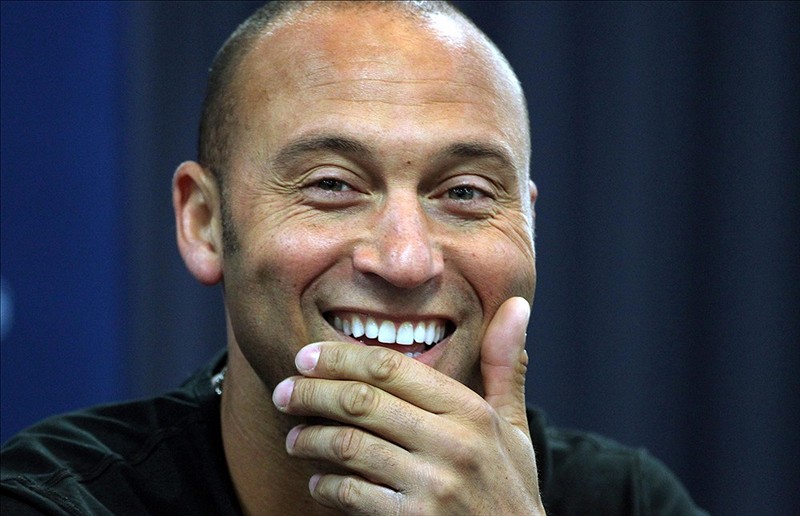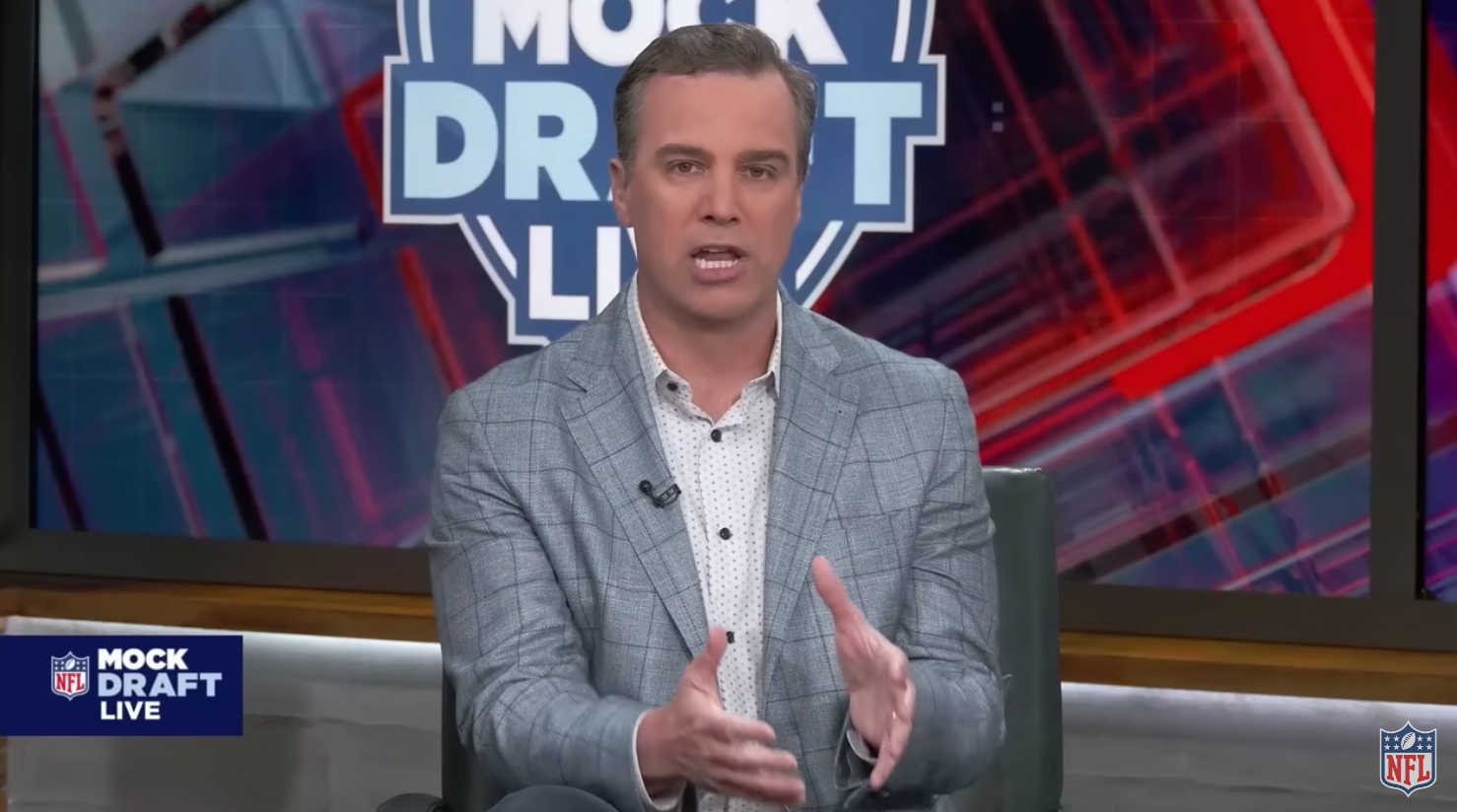Now that Derek Jeter has officially retired and baseball has somehow found a way to move on, many fans are surely left wondering what The Captain’s next move will be. Will he go into coaching? A front office role? Commissioner of baseball? Television? President of the United States?
Jeter’s first move after the conclusion of his playing days has been revealed and on the list of possible outcomes, this is down somewhere between “new co-host of The View” and “journey of self-discovery to the wilderness of Alaska.” Jeter, one of the most guarded and protective athletes of his time when it comes to opening up about his personal life, will be launching a new website that gives professional athletes the opportunity to do just that.
The Players’ Tribune is a new website that promises to be “an innovative multimedia digital company where world-class athletes will share their unfiltered, honest and unique perspectives, bringing fans closer to the games they love.” In a press release announcing the creation of The Players’ Tribune, Jeter is mentioned as the Founding Publisher. The Players’ Tribune is backed by Legendary Entertainment (involved in such films as 42 and The Dark Knight as well as the Nerdist website) and the editing team is led by former ESPN Publishing Editorial Director Gary Hoenig.
The grand unveiling of The Players’ Tribune features a letter from The Captain himself. And given Jeter’s reputation for secrecy throughout his career, it’s quite the ironic (if not bizarre) sentiment.
I realize I’ve been guarded. I learned early on in New York, the toughest media environment in sports, that just because a reporter asks you a question doesn’t mean you have to answer. I attribute much of my success in New York to my ability to understand and avoid unnecessary distractions.
I do think fans deserve more than “no comments” or “I don’t knows.” Those simple answers have always stemmed from a genuine concern that any statement, any opinion or detail, might be distorted. I have a unique perspective. Many of you saw me after that final home game, when the enormity of the moment hit me. I’m not a robot. Neither are the other athletes who at times might seem unapproachable. We all have emotions. We just need to be sure our thoughts will come across the way we intend.
So I’m in the process of building a place where athletes have the tools they need to share what they really think and feel. We want to have a way to connect directly with our fans, with no filter.
I am working with other athletes, with editors and with producers to create a platform that gives us a chance to say what’s on our minds. It’s called The Players’ Tribune. Over the next few months, we’ll be introducing a strong core of athlete editors and contributors who will shape the site into an online community filled with first-person stories and behind-the-scenes content.
My goal is for the site to ultimately transform how athletes and newsmakers share information, bringing fans closer than ever to the games they love.
This is the absolute antithesis of who Derek Jeter was throughout his Major League career. Jeter’s image was carefully protected, creating an almost distant persona. He was never forthcoming about his personal feelings, never branched out into other topics, never let anyone in. Even the reporters who covered him on a daily basis for 20 years failed to break through the Jeter shield. Joel Sherman in the New York Post described the phenomenon of Jeter’s “warmly cold” persona the best:
Derek Jeter is the star we knew so well — and not at all.
He hid in plain sight. He talked often and said little. He was private even while being public.
This has made Jeter both frustrating and admirable to cover. He never let you in: frustrating. He never let you in: admirable.
[…]
I wanted to know more about him and never felt I truly got in. He was warmly cold — receptive to the questions, guarded in the answers. In the end, I knew what everyone knew. He loved two items above all else: his family and being the Yankees shortstop. His adoration and respect for those things were overt.
There are immediate questions with regards to the launch of The Players’ Tribune. First of all, we’ve seen these athlete blogs and websites come and go before. Second, with such a robust editorial team behind the project, are we truly going to get something unfiltered? Just how many chefs are going to be in the kitchen when it comes to producing content at The Players’ Tribune?
There’s already an avenue for athletes to connect directly with fans – it’s called social media. Of course we should have an appreciation for the written word and athletes who want to express themselves beyond 140 characters, but this website isn’t really necessary in an age of Twitter or Facebook or Instagram. Furthermore, how will local media react when a player refuses to answer their questions beyond empty cliches or “just trying to be the best teammate I can be” and instead opens up for Derek Jeter’s website? Will players really embrace this opportunity or will it just be an avenue for camouflaged public relations?
One of the most guarded and protective athletes of his time is going to unleash everything he’s been holding back for years and allow other athletes to do the same in an unfiltered “straight to the fan” environment? Call me skeptical.








Comments are closed.